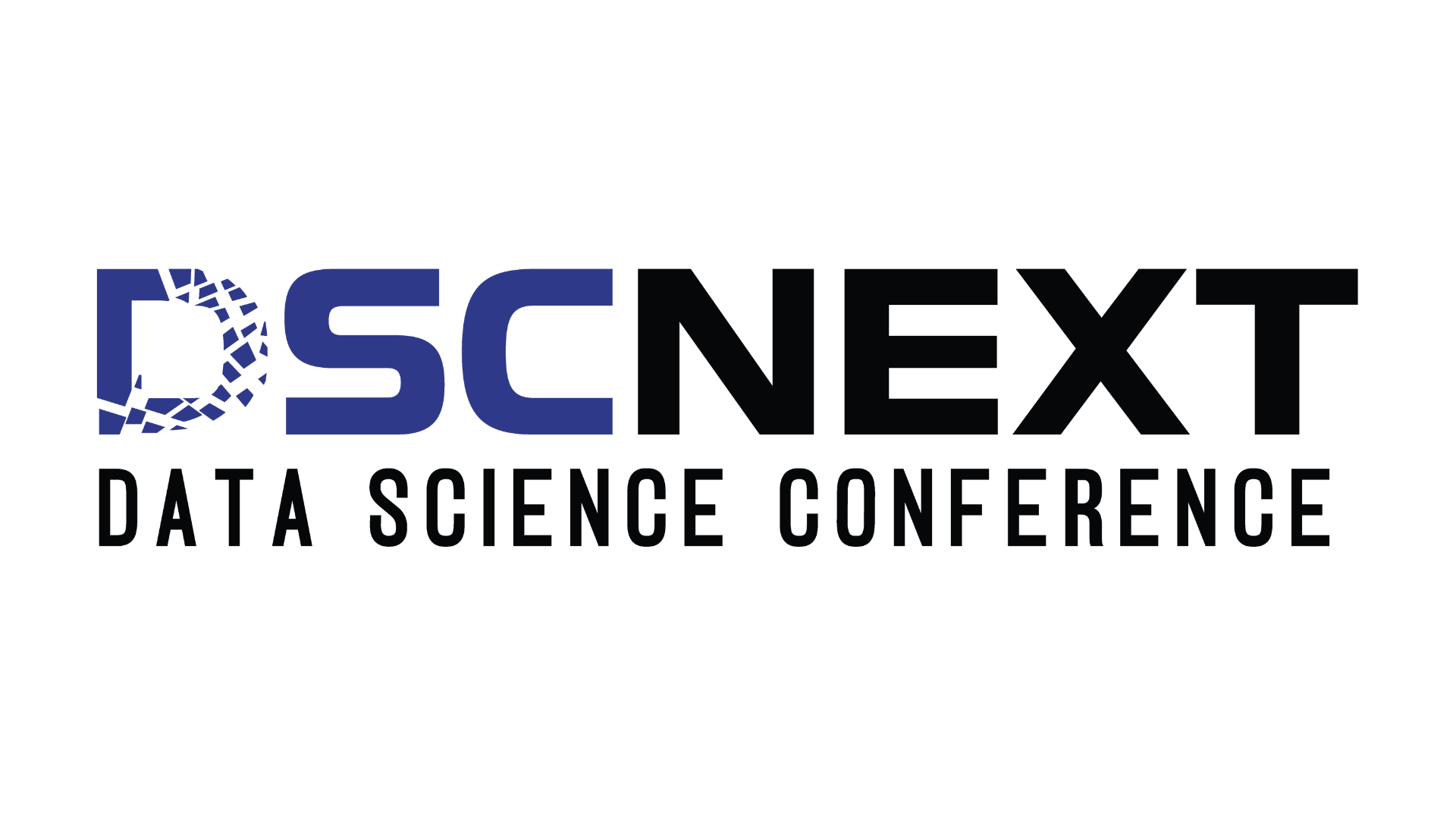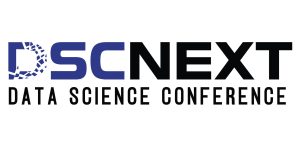
In today’s data-driven world, data science is no longer just a buzzword but a critical discipline reshaping industries and driving innovation. Universities play a pivotal role in preparing the next generation of data scientists by equipping them with the skills, knowledge, and mindset needed to thrive in this rapidly evolving field. Here’s how universities are shaping the future of data science careers.
1. Offering Specialized Degree Programs
Universities are introducing specialized programs such as Bachelor’s, Master’s, and PhD degrees in data science. These programs combine foundational knowledge in mathematics, statistics, and computer science with real-world applications. Students learn to analyze big data, build predictive models, and use machine learning algorithms to solve complex problems across industries like healthcare, finance, and marketing.
2. Incorporating Industry-Relevant Curriculum
Modern data science programs are designed in collaboration with industry leaders. This ensures the curriculum remains up-to-date with current trends such as AI, deep learning, and cloud computing. Courses often include training on widely-used tools and platforms like Python, R, TensorFlow, and Tableau, making graduates job-ready from day one.
3. Focus on Interdisciplinary Learning
Data science is inherently interdisciplinary, and universities are fostering collaboration between departments such as business, engineering, and social sciences. Students are encouraged to explore diverse applications of data science, from analyzing social trends to optimizing manufacturing processes. This holistic approach prepares them for the multifaceted challenges they’ll face in the workforce.
4. Providing Access to Cutting-Edge Resources
Universities invest heavily in advanced laboratories, computational resources, and data platforms. These facilities allow students to work with real-world datasets, participate in high-impact research, and experiment with the latest technologies, such as quantum computing and generative AI.
5. Encouraging Hands-On Learning
Practical experience is a cornerstone of data science education. Universities emphasize project-based learning, internships, and capstone projects. By solving real-world problems for organizations, students gain valuable insights into industry challenges and hone their problem-solving skills.
6. Supporting Research and Innovation
Universities are hotbeds of research in data science, driving advancements in areas like neural networks, data ethics, and natural language processing. Faculty members, often experts in their fields, mentor students to contribute to groundbreaking projects. Such research not only enhances students’ resumes but also positions them as thought leaders in the field.
7. Building Strong Industry Connections
Many universities maintain partnerships with top tech companies, startups, and research organizations. These collaborations result in guest lectures, hackathons, and recruitment drives on campus, bridging the gap between academia and industry. Such initiatives ensure students are aware of the latest trends and career opportunities.
8. Emphasizing Ethical Data Use
As data science grows in importance, so does the need for ethical considerations. Universities are integrating ethics into their curriculum, teaching students to handle data responsibly, avoid biases in algorithms, and respect user privacy. This focus on ethics ensures that future data scientists can make positive contributions to society.
9. Cultivating Soft Skills
Beyond technical expertise, universities are preparing students with soft skills like critical thinking, communication, and teamwork. These skills are essential for data scientists, who often work in cross-functional teams and must present their findings to non-technical stakeholders.
10. Fostering Lifelong Learning
The field of data science is ever-changing. Universities are encouraging a culture of lifelong learning by offering certifications, online courses, and access to alumni networks. Graduates are thus better equipped to stay updated with emerging technologies and maintain their competitive edge.
Conclusion
Universities are at the forefront of shaping the future of data science careers by blending rigorous academics with industry exposure. By fostering a culture of innovation, ethical responsibility, and interdisciplinary learning, they are producing well-rounded professionals who are ready to tackle the challenges of tomorrow’s data-driven world.
Are you ready to embark on your journey in data science? The future is brimming with opportunities—seize them today!

